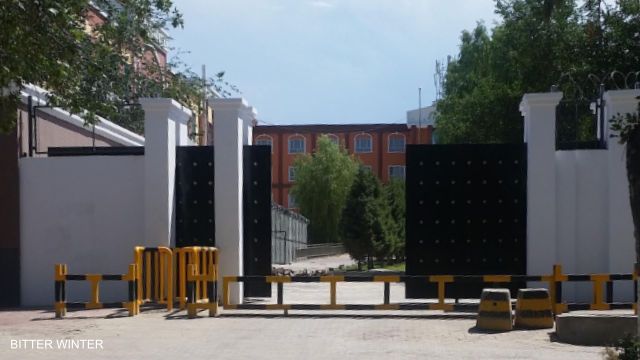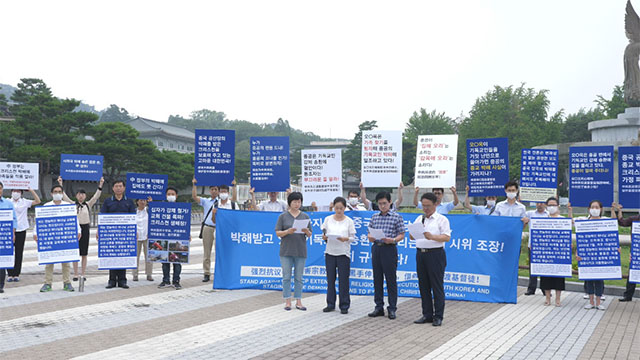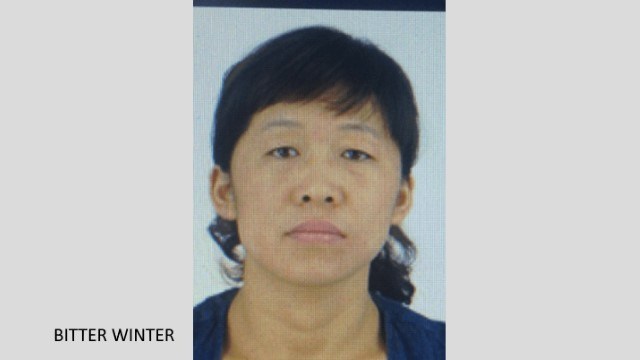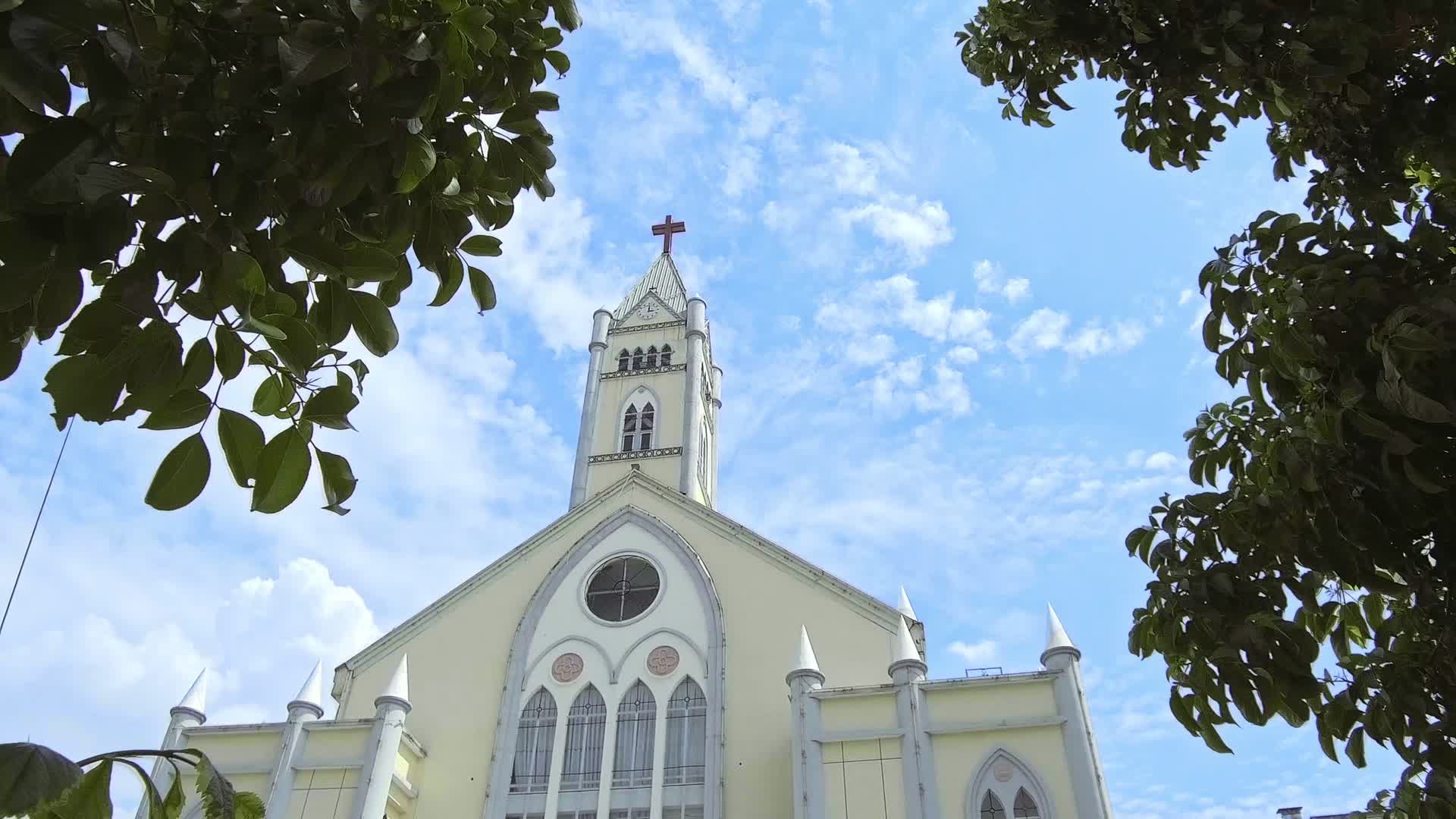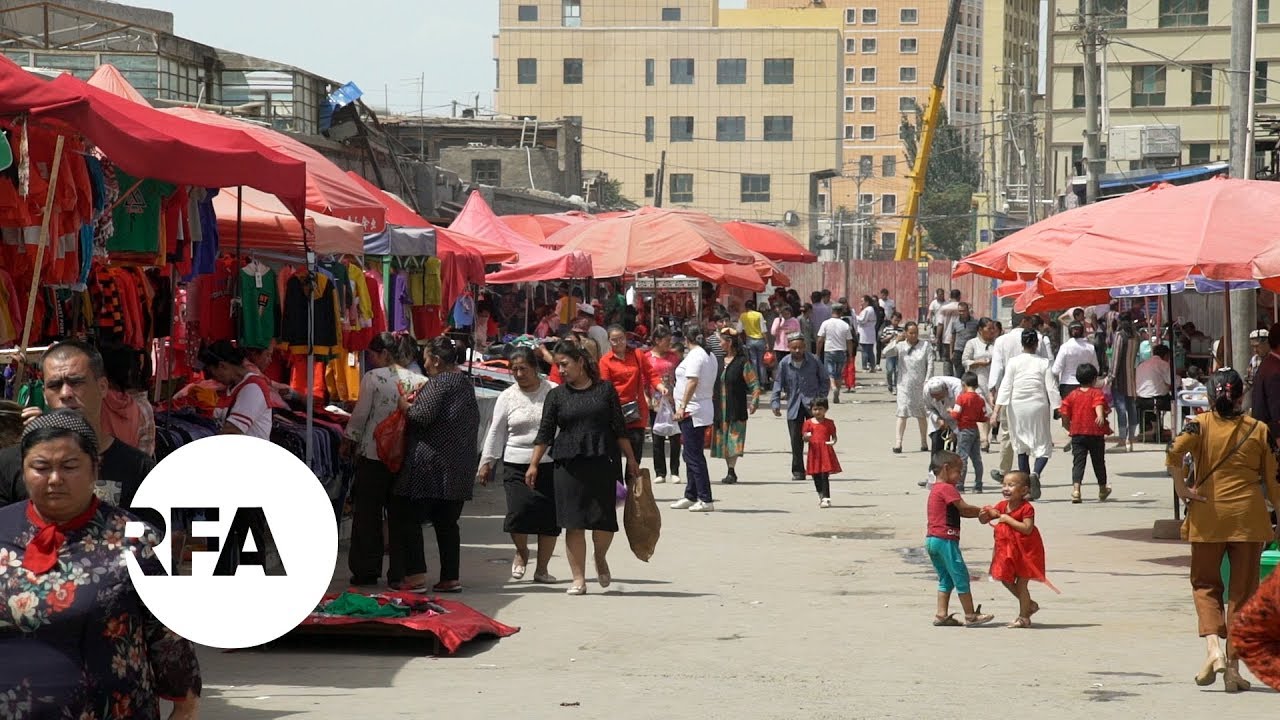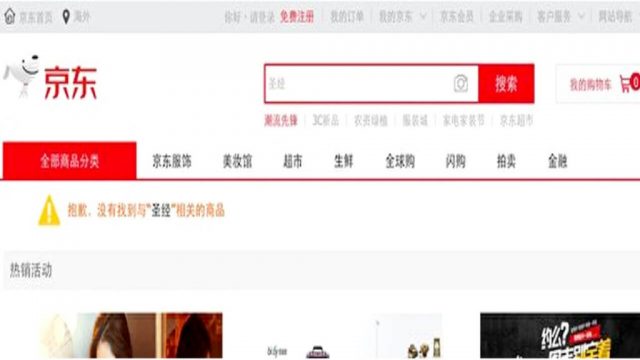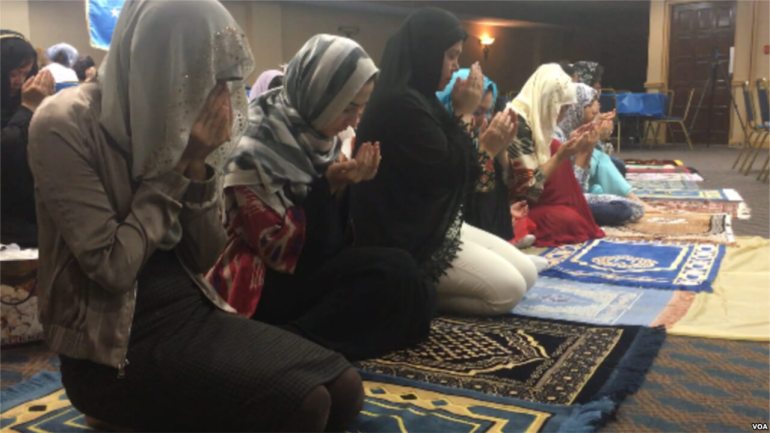China’s leaders believe that the main cause of radicalism – including protests in Hong Kong – is deficient patriotism and insufficient exposure to communist ideology.
As the main driving force of the Hong Kong anti-extradition bill protests, the young have been praised for their passion for preserving human rights and liberties. But Beijing doesn’t share this sentiment, believing that the mass “disobedience” in Hong Kong was the result of “failure” in educating these young people.

“Some young people in Hong Kong are becoming increasingly radical. The root lies in schools, and the key problem is education – especially the lack of patriotic education,” said Margaret Chan Fung Fu-Chun, a member of the Standing Committee of the National Committee of the Chinese People’s Political Consultative Conference (CPPCC) in a speech to her colleagues on August 28.
“Being patriotic and loving Hong Kong should be necessary qualifications for a teacher to be employed,” Ms. Chan believes, suggesting to “cultivate more ‘fresh blood’ who are patriotic and who love Hong Kong, starting from students enrolled in teacher training programs.”
She is not alone. A principal has suggested that internships in mainland China should be compulsory for all students who are trained to be teachers in Hong Kong because academic training in mainland China is a “successful example” of patriotic education.
Bitter Winter recently interviewed some teachers and students at normal universities (schools of higher education where teachers are trained) from mainland China to understand better what exactly is this patriotic education and how it is implemented.
Politics more important than teaching
Last March, teaching staff at some schools in the northern province of Shanxi were required to perform “self-inspection and self-correction” – a kind of self-examination exercise prescribed by the government – that demands teachers to “strengthen their political direction, study the spirit of Xi Jinping’s speeches, and earnestly scrutinize their own problems.”
A teacher from Yangquan, a prefecture-level city in the east of Shanxi, revealed that as part of the activity, all teachers were required to engage in group discussions and perform a self-evaluation on stage, in front of everybody. Every participant had to take 5,000 Chinese characters of notes.
Some schools went as far as demanding teachers to transcribe Xi Jinping’s speeches and write what they had gained from this experience. “I feel like we had returned to the times of the Cultural Revolution when people transcribed Chairman Mao’s quotations,” the teacher complained. “Before completing to transcribe one book, another one is distributed. Some days when I don’t have enough time but need much to transcribe, I do it until two or three in the morning. When I teach classes the next day, I have no energy at all.”
“I really don’t know whether our society has progressed or regressed,” a school leader from Yuncheng, the southernmost city in Shanxi, said with irony. “It’s the 21st century already, and we’re still required to do ‘self-inspections and self-corrections.’ It’s so stifling, we can hardly breathe.”
Teachers from the central province of Henan explained that in their schools, authorities use a different type of “self-inspection and self-correction”: it’s called “case-based transformation.”
“It involves in-depth analysis of cases when regulations have been violated to avoid new occurrences of similar problems,” one of the teachers explained. “Meanwhile, teachers also have to engage in collective learning and group discussions. They also must write self-criticisms and review what they have learned, but actual cases have to be cited. The learning content includes various policies and regulations, as well as political orientation issues. Even non-Party members must study the Party’s statutes.”

The teacher added that since the beginning of the year, a lot of work assigned by the schools had been linked to politics. “I have been working as a teacher for decades, but this year is the worst,” she commented. “The task of schools is to teach. It’s fine if government agencies carry out such activities, but why does the CCP make teachers and students participate in them? Students’ education is being delayed. Isn’t this ‘putting the cart before the horse’?”
A definite “no” to religions
All the interviewed teachers and students mentioned that religion is regarded as incompatible with Communist ideology and has become a forbidden zone in the field of education in China. Religious youth face significant difficulties in finding a place at normal universities, which have become one of the primary targets of the CCP’s campaign to ban religions.
A university student who majors in teaching but is also a Christian complained that despite achieving excellent grades, school leaders often summon her for questioning, which has made her life miserable.
“The school Party secretary told me that the state is cultivating socialist successors, and, as a believer, I am not qualified to be a teacher,” the young woman recalled her meetings with the school’s administration. “Because of my faith, the secretary and the dean made me write six or seven self-criticisms in succession. I was not allowed to participate in a teacher qualification competition.”
The student was also dismissed from all her positions in the class and the Student Union. The national scholarship that she was granted at the beginning of the semester has also been taken away from her.
Another student told Bitter Winter how last year, during a central religious inspection team’s visit a normal college in the west of Henan, its members roamed around the school with an audio recorder, randomly asking students to recite the content of an informational booklet about ethnic and religious laws. Those whose answers were deemed substandard were punished.
The student commented that by suppressing any expression of faith in universities that train future teachers, the government is making sure that no people of faith are allowed to be involved in the education of children for years to come.
Education and politics become as one
Almost all university students mentioned that education and politics are increasingly being intertwined in China, as schools require them to study Xi Jinping’s speeches, his remarks at the 19th CCP National Congress, and his many initiatives, as well as Communist Party theory and ideology.

According to a student at a normal university in Shanxi Province, the school has ordered to have one self-study evening class per week dedicated for reading Xi Jinping’s speeches online. New government policies are studied on a WeChat public account named “Shanxi Youth” as well. Similar online groups have also been established in Henan, like “Henan Youth Studies,” where students are required to study “Xi Jinping Thought.”
“If we don’t study it, it will affect our future ability to go abroad, obtain a scholarship or even a diploma. I don’t dare not to study it,” a student from Henan complained.
On the day of Margaret Chan’s speech, the official CCP newspaper People’s Daily posted an article on the front page on how to confront the problems of Hong Kong’s educational system. The author believes that to “correct errors and make up for deficiencies in general knowledge classes and national education” it is necessary to “avoid that the ‘black hands’ of political backstage manipulators do not reach campuses.”
But whose black hands exactly are trying to reach these campuses? One of the interviewed students quipped that as soon as Hong Kong students start going to mainland China for internships, the real awakening of all young people will begin in Hong Kong.
Source:BITTER WINTER /Han Sheng


